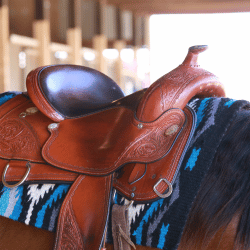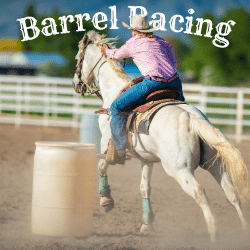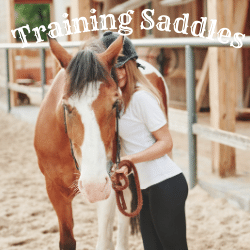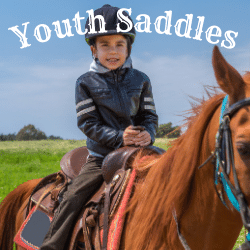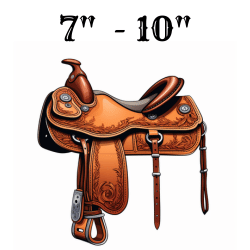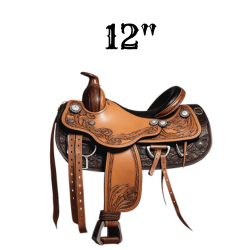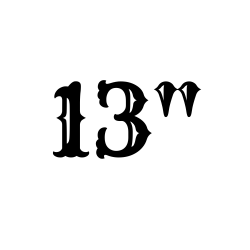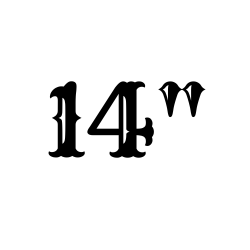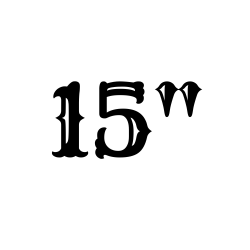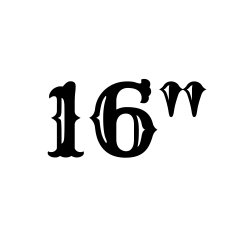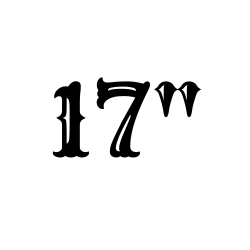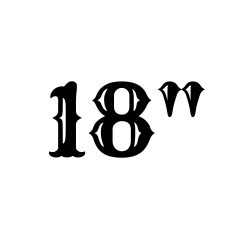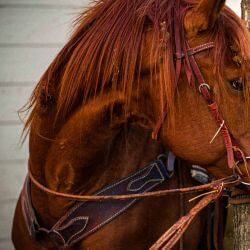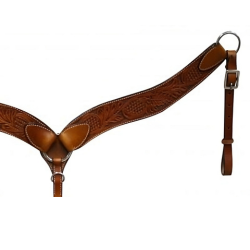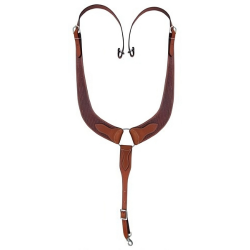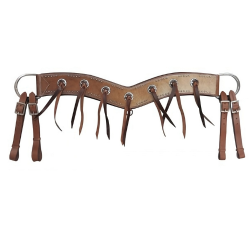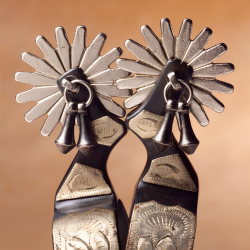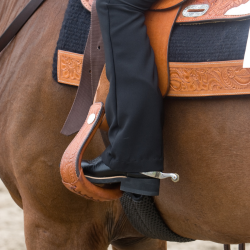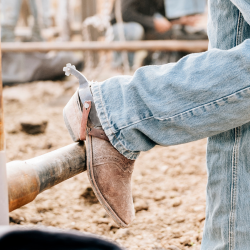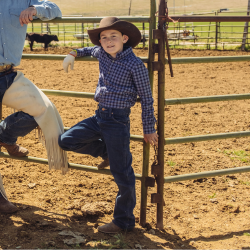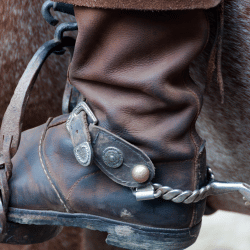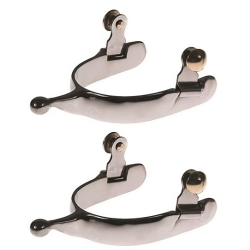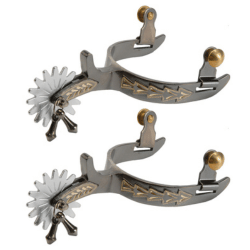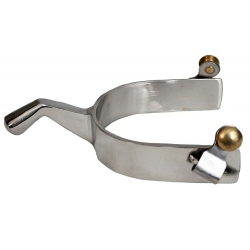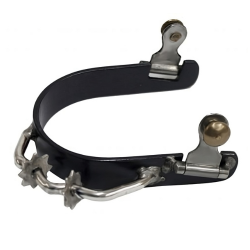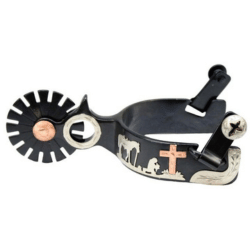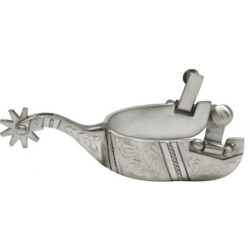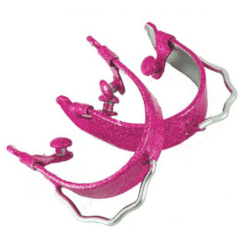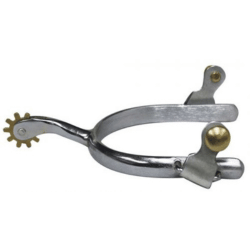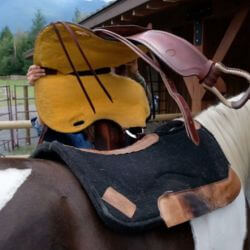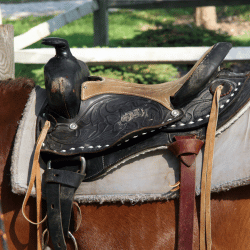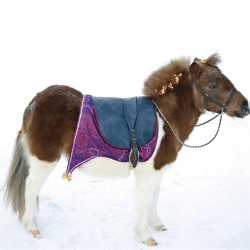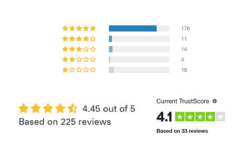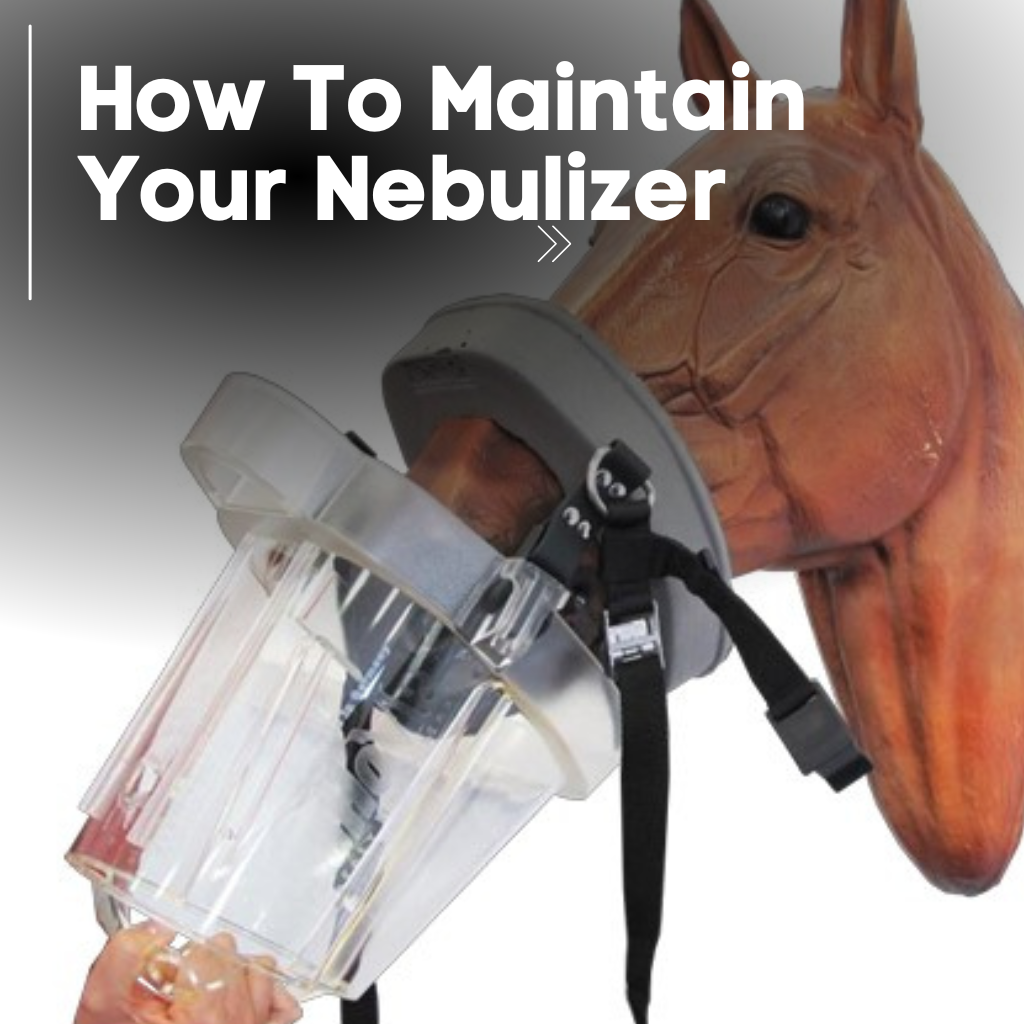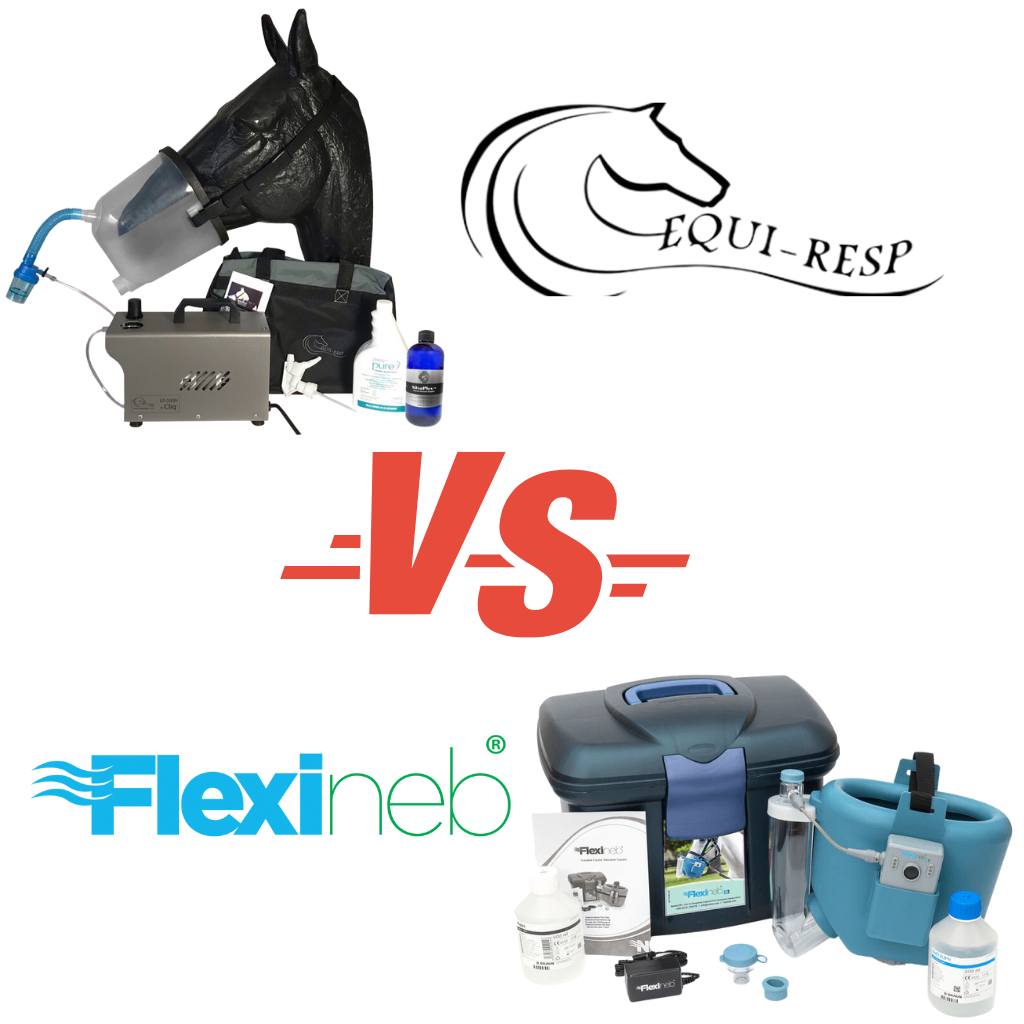Using and Maintaining Your Horse Nebulizer
Nebulizers have become an essential tool in the world of equine health, especially for horses with respiratory issues. These devices deliver medication directly into the horse's airways, ensuring rapid and effective treatment. However, using and maintaining these devices correctly is crucial for their efficacy and longevity. Here's a comprehensive guide to help you get the most out of your horse nebulizer.
How often should you Nebulize a Horse?
The frequency of nebulization depends on the specific respiratory condition your horse faces and the recommendation of your veterinarian. For chronic conditions like equine asthma, daily nebulization might be required. However, for acute issues or after exposure to environmental irritants like smoke, a short-term treatment regimen might be prescribed.
How long should you nebulize a horse?
The duration of each nebulization session will depend on the medication being administered and the severity of the horse's condition. Typically, sessions can last anywhere from 10 to 30 minutes. Always follow the veterinarian's advice and the medication guidelines.
Tips for using a horse nebulizer:
- Ensure a Comfortable Fit: The mask should fit snugly over the horse's nose and mouth without causing discomfort.
- Monitor the Horse: Always supervise your horse during nebulization to ensure they remain calm and the device functions correctly.
- Clean After Each Use: To prevent contamination, clean the nebulizer components after each session.
How to care for a horse nebulizer:
- Regular Cleaning: After each use, clean the nebulizer cup, tubing, and mask with warm soapy water. Rinse thoroughly and let them air dry.
- Monthly Maintenance: Once a month, disinfect the nebulizer components using a recommended disinfectant or as per the manufacturer's guidelines.
- Replace Parts as Needed: Nebulizer cups, masks, and other components can wear out over time. Regularly inspect them and replace as necessary.
Is it OK to use a nebulizer every day?
For horses with chronic respiratory conditions, daily nebulization might be necessary. However, always consult with your veterinarian to determine the appropriate frequency based on your horse's health and the medication being used.
What are the side effects of a nebulizer on lungs?
While nebulization is generally safe, there can be potential side effects, especially if the wrong medication dosage is used. Possible side effects include increased coughing, bronchospasm, or irritation of the airways. Always monitor your horse after nebulization and report any adverse reactions to the veterinarian.
How often should you use a breathing nebulizer?
The frequency of using a breathing nebulizer will depend on the horse's specific respiratory condition and the veterinarian's recommendation. For maintenance or preventive care, it might be used less frequently, while horses with severe conditions might require multiple sessions daily.
Conclusion
Nebulizers are a valuable tool in equine health, but their effectiveness hinges on proper use and maintenance. By understanding the nuances of nebulization and adhering to best practices, you can ensure that your horse receives optimal respiratory care.

